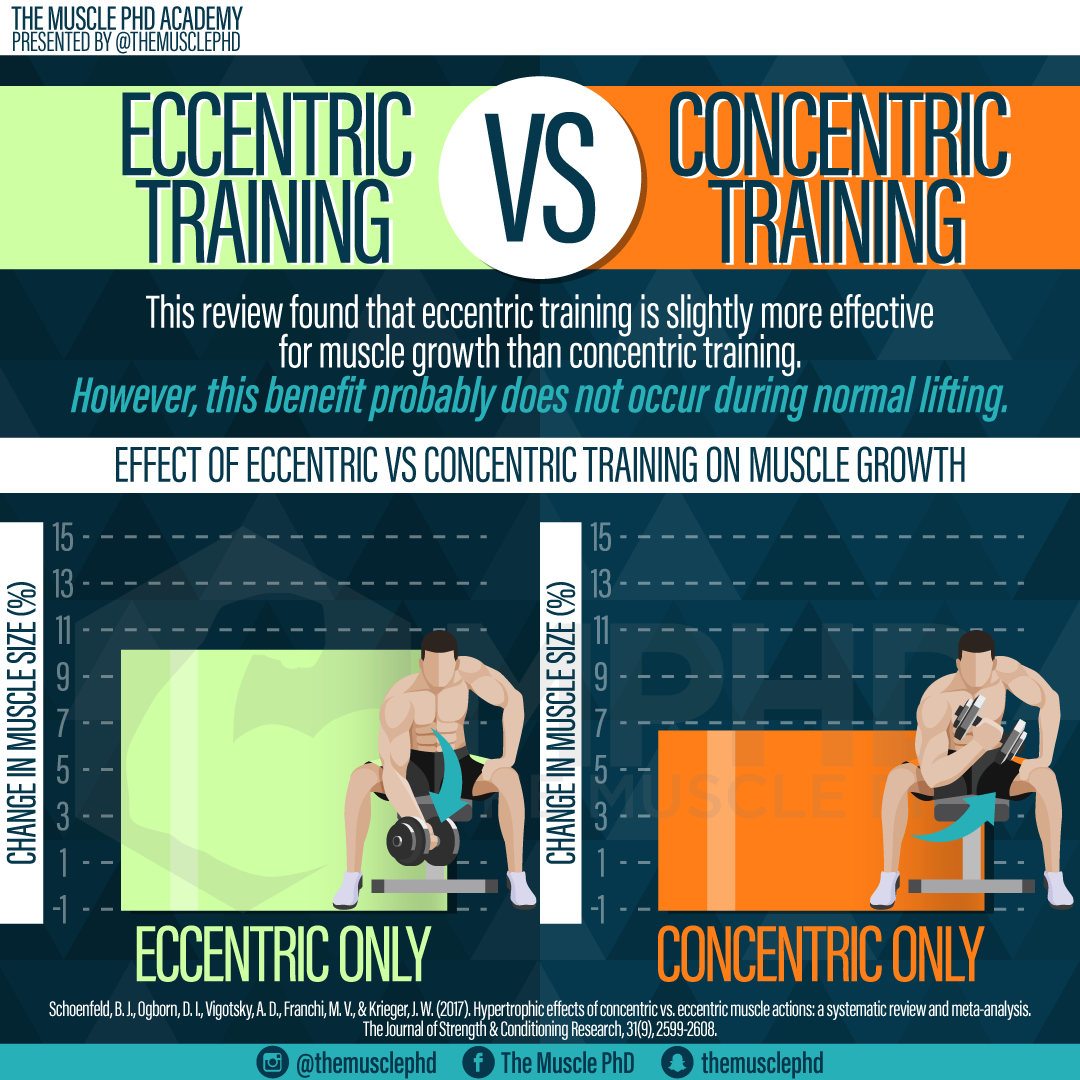
The Truth About Dieting: What Really Works for Weight Loss?
The journey towards weight loss is often shrouded in confusion. With an overwhelming amount of information available, it’s easy to get lost in the sea of fad diets, misleading nutritional advice, and weight loss myths. Understanding what truly works for weight loss requires a focused examination of diet principles, physiological processes, and individual behavior. This article aims to clarify the complexities of dieting and shed light on effective strategies for achieving sustainable weight loss.
The Dieting Landscape: Myths vs. Facts
Myth 1: Carbs Are Bad
In recent years, carbohydrates have faced scrutiny from several diet trends. However, the reality is that carbs are essential for energy. The key is to focus on the quality of carbohydrates instead of demonizing them entirely. Whole grains, fruits, and vegetables are nutrient-rich options that provide fiber and essential vitamins, playing an integral role in a balanced diet.
Myth 2: Quick Fixes Lead to Lasting Results
Many diets promise rapid weight loss through restrictive measures. While initial results may be noticeable, these methods often lead to yo-yo dieting, where individuals regain the weight lost (and sometimes more). Sustainable weight loss takes time and requires gradual lifestyle changes that can be maintained over the long term.
Myth 3: All Calories Are Equal
The belief that weight loss is simply about calorie counting neglects the importance of food quality. Different foods have varying effects on metabolism, hunger, and overall health. A diet rich in whole, unprocessed foods can help regulate appetite and support metabolic health, while processed foods high in sugar and unhealthy fats can derail weight loss efforts.
What Really Works for Weight Loss?
1. Balanced, Nutritious Diet
A diverse diet that includes a variety of food groups ensures that your body gets the necessary nutrients to function optimally. Emphasize whole foods—vegetables, fruits, lean proteins, healthy fats, and whole grains. This not only supports weight loss but also improves overall health and well-being.
2. Portion Control and Mindful Eating
Understanding portion sizes and practicing mindful eating can help curb overeating. Paying attention to hunger cues and savoring each bite can enhance satisfaction and reduce caloric intake without a rigid diet plan. Keep a food diary or use apps to track your intake; this can foster greater awareness of eating habits.
3. Consistent Physical Activity
Exercise is a critical component of any weight loss journey. A mix of aerobic exercise (like walking, running, or cycling) and strength training (to build muscle and improve metabolism) is ideal. Aim for at least 150 minutes of moderate aerobic activity each week, paired with muscle-strengthening activities on two or more days.
4. Behavior Modification
Understanding and changing behavior is fundamental in any weight loss approach. Identifying emotional triggers for eating, avoiding temptations, and developing coping strategies can help break the cycle of unhealthy eating patterns. Support groups, therapy, or coaching may provide additional motivation and accountability.
5. Set Realistic Goals
Quick fixes are tempting, but setting realistic, achievable goals is crucial. Aim for a gradual weight loss of 1-2 pounds per week, which is considered safe and sustainable. Set specific, measurable goals related to both weight loss and lifestyle changes to track progress effectively.
6. Focus on Sustainability
Ultimately, the best diet is one you can maintain. Instead of embarking on extreme restrictions, consider adopting a flexible approach that incorporates treats and your favorite foods in moderation. This ensures that you don’t feel deprived and can stick with your plan long-term.
Conclusion
The truth about dieting is that there isn’t a one-size-fits-all solution for weight loss. What works for one person may not work for another; individual circumstances, preferences, and lifestyles all play a role in finding the right path. By embracing a balanced approach to nutrition, practicing mindful eating, incorporating regular physical activity, and fostering behavior change, individuals can achieve lasting and meaningful weight loss. Ultimately, it’s about cultivating a healthy relationship with food and prioritizing wellness over mere numbers on a scale. In the long run, sustainable lifestyle changes are the true key to success.




















